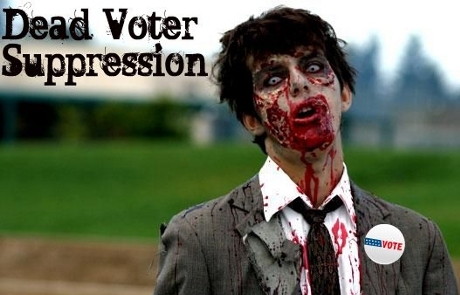By Julian Savulescu and Bennett Foddy
Former Brazilian President, Fernando Henrique Cardoso, has argued that the war on drugs has failed and cannabis should be decriminalised. He argued that the hardline approach has brought “disastrous” consequences for Latin America. Having just returned from Rio, one can only agree. One of us was staying with an eminent professor of philosophy. We were returning to her house with her 11 year old daughter, only to have our way blocked by police with machine guns. They were hunting a drug lord in the local favela – this road was the only escape route and they were preparing for possible altercation.
Cardoso highlights the practical failure of a zero-tolerance approach. A zero tolerance approach to a crime like taking drugs must always fail, in the same way as a zero-tolerance approach to alcohol, prostitution or drugs in sport will always fail. Paradoxically, the worst thing you could do to the drug lords in Rio is not to wage a war on them, but to decriminalise cocaine and marijuana. They would be out of business in one day. Supplies could be monitored, controlled and regulated – the harm to users and third parties significantly reduced.
The case for legalizing drugs has been made often, most recently by Cardoso and by Australia’s foreign minister, Bob Carr, who this week co-signed a report declaring that ‘the war on drugs has failed’. The argument is nearly always put forward in terms of the burdens that the drug war has imposed on us in terms of crime and public health. And it is true that these things give us good reason to abandon Nixon’s war on drugs. But we so rarely hear a moral argument in favour of liberalizing drug laws. This is a mistake. Although experts have told us time and time again that things would be better without the drug war, politicians have ignored the expert advice because voters do not want drugs laws to be loosened. And voters feel this way not because they think they know better than the experts, but because they have moral objections to drug use. There is a hidden moral debate driving the war on drugs that we never seem to bring out in the open.
Read More »A moral argument against the war on drugs

